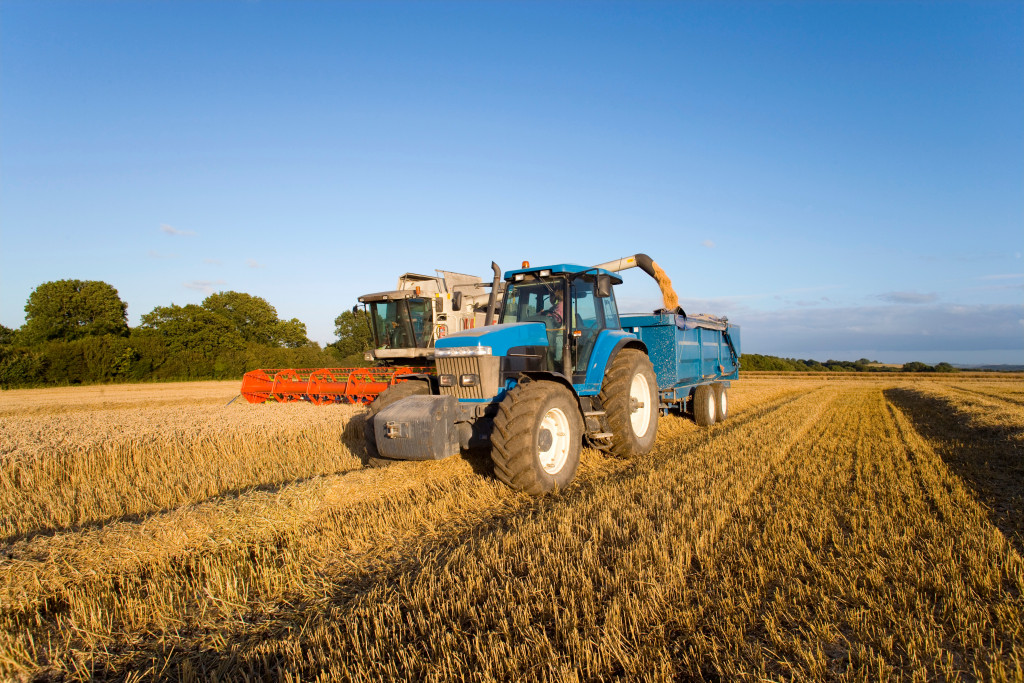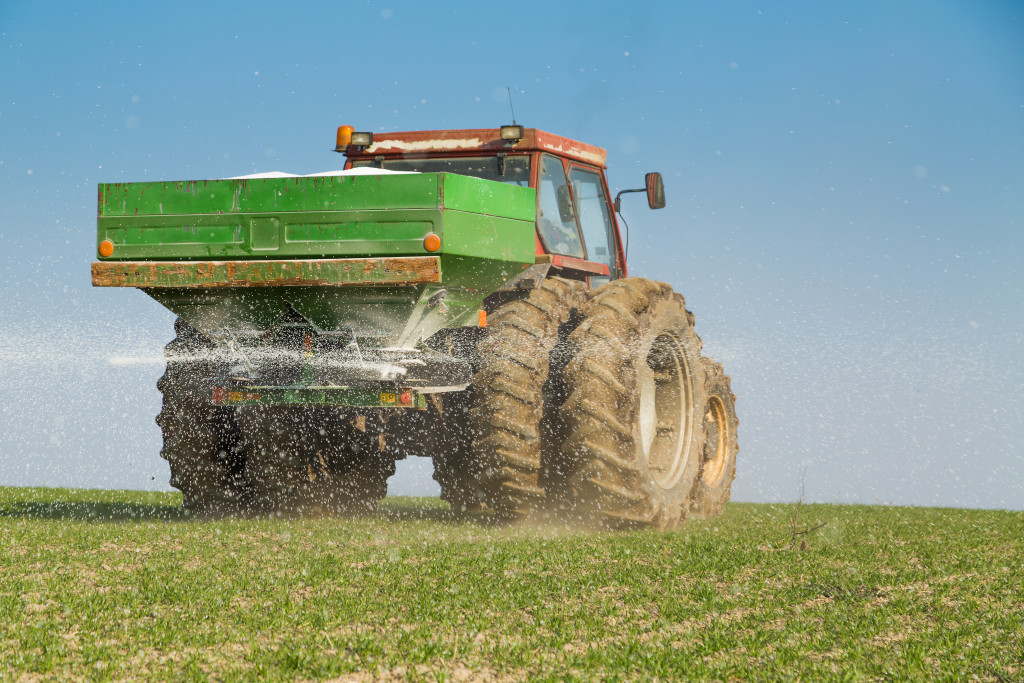Are you looking to make your farm business sustainable? Do you want it to thrive? If so, implementing a few sustainable strategies can make that dream come true. By adopting sustainable practices, farmers can reduce their reliance on nonrenewable energy and chemical use, saving scarce resources for future generations. With the right strategies, you can ensure that your business will be successful and profitable for years. Here are some tips and tricks to help make your farm business as sustainable as possible.
Crop Rotation
One of the most important things you can do to maintain sustainability on your farm is to practice crop rotation. Crop rotation encourages the production of different types of crops on a seasonal basis. This helps to reduce pest and disease pressure, maintain soil fertility, manage weeds and conserve energy and water resources.
This practice involves planting different crops in different parts of your field each year or season. This helps prevent soil depletion and nutrient loss and reduces the risk of pests and diseases. It also keeps the soil healthy and fertile to produce higher yields in future seasons. When practicing crop rotation, remember to rotate your crops in bunches and avoid planting the same crop in the same area for more than two consecutive years.
Soil Management
Maintaining a sustainable farm is important to practice good soil management techniques. This includes maintaining soil fertility by adding organic matter such as compost or manure. It also involves monitoring soil pH levels, controlling weeds and pests, and conserving water. These practices can help you maintain the quality and productivity of your soil for years to come.
Proper soil management lets you produce the highest-yield crops and prevents soil erosion and nutrient loss. This is because productive soils have more organic matter and improved structure, leading to better water infiltration and nutrient retention. It also provides habitats for beneficial organisms, such as earthworms and other soil life, that are important for nutrient cycling and natural pest control.
Be Wise in Machinery Usage
Many farmers rely on machinery to help with their operations, but running these machines too often or too long can be detrimental to your farm’s sustainability. Weigh the costs and benefits of using machinery and only use it when there is no alternative. You should also consider purchasing energy-efficient and environmentally friendly equipment, such as electric tractors or solar-powered pumps. Regular maintenance and servicing of your machinery are also important to ensure that it runs smoothly and efficiently.
You can also look into finding a dealer of used farm equipment. Used equipment is often cheaper and more sustainable than new equipment, as it keeps materials from ending in landfills. Used machinery can be just as effective as new when properly maintained. These could still be used to help with farming operations without sacrificing sustainability.

Conserve Energy and Water Usage
One of the most important things you can do to make your farm business more sustainable is to conserve energy and water usage. Consider investing in renewable energy sources such as solar, wind, or geothermal. Water-saving techniques like drip irrigation and rainwater harvesting are also used to conserve resources. Doing so can also help lower your farm’s operating costs while still giving you the same results. If you have the means, installing a water recycling system can also help reduce water usage. This works by collecting water from your runoff and other sources, filtering it, then reusing it for irrigation or other needs, making it a more sustainable option.
Utilize Renewable Sources
Another great way to make your farm business more sustainable is by using renewable energy sources. Investing in solar panels or wind turbines can provide an alternative energy source for your farm, reducing reliance on nonrenewable sources such as oil or gas. Not only does this help reduce carbon emissions, but it also helps save money in the long run. Additionally, using renewable sources can help reduce air and water pollution. This helps protect the environment for future generations to come. You can use these sources to operate farm equipment, such as tractors, and power other machinery and buildings. Additionally, these sources can be used to store energy for future use.
Plant Native Species
If you’re looking for ways to make your farming practices more sustainable, planting native species is a great option. Native species require less fertilizer and pesticides than nonnative plants because they are adapted to the local climate and soil conditions. Additionally, planting native species helps maintain biodiversity by providing food sources for birds, insects, and other wildlife. Native plants include wildflowers, grasses, shrubs, and trees. Planting these species can help protect the environment while providing beneficial habitats for wildlife.
Making your farm business sustainable doesn’t have to be difficult or expensive. With a few simple steps, you can ensure that your farming practices are both profitable and environmentally friendly for years to come! Take advantage of these strategies today to enjoy a thriving farm business tomorrow!


